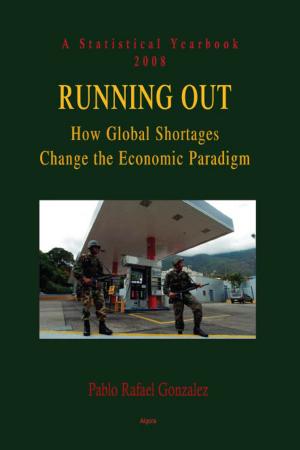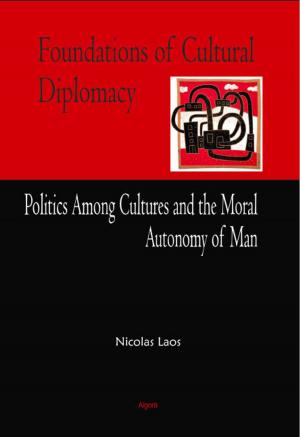Pounding on Bible-Thumpers
Do You Believe Everything You Read in the Bible?
Nonfiction, Religion & Spirituality, Other Practices, Atheism, Bible & Bible Studies, New Testament, Commentaries| Author: | C. Boyd Pfeiffer | ISBN: | 9781628943177 |
| Publisher: | Algora Publishing | Publication: | October 15, 2017 |
| Imprint: | Algora Publishing | Language: | English |
| Author: | C. Boyd Pfeiffer |
| ISBN: | 9781628943177 |
| Publisher: | Algora Publishing |
| Publication: | October 15, 2017 |
| Imprint: | Algora Publishing |
| Language: | English |
In this series of short essays, the author questions various aspects of the Bible and asks how reliable, realistic and relevant they are. He looks at Christian preaching and basic morality (which we innately understand based on what works for humanity's greater good) and points out countless exemplary stories in the Scripture that illustrate cruelty, abuse and crime.
The book is an attempt through Socratic teaching and questioning to evaluate the concepts and strongly held beliefs of religions and specifically Christianity. The arguments are grounded in common sense and expose religious stories as the kind of magical thinking that appeals to children.
This book will be helpful to three types of readers:
1. Fence-straddlers who are questioning their religion or beliefs, those who are untaught about religion and wonder what they're missing, and those who are concerned about the beliefs in which they were indoctrinated in as a child,
2. Believers who want to learn more about what atheists think, so as to counter it in future arguments with atheists, and 3. Atheists who want solid arguments in dealing with the Religionists.
In this series of short essays, the author questions various aspects of the Bible and asks how reliable, realistic and relevant they are. He looks at Christian preaching and basic morality (which we innately understand based on what works for humanity's greater good) and points out countless exemplary stories in the Scripture that illustrate cruelty, abuse and crime.
The book is an attempt through Socratic teaching and questioning to evaluate the concepts and strongly held beliefs of religions and specifically Christianity. The arguments are grounded in common sense and expose religious stories as the kind of magical thinking that appeals to children.
This book will be helpful to three types of readers:
1. Fence-straddlers who are questioning their religion or beliefs, those who are untaught about religion and wonder what they're missing, and those who are concerned about the beliefs in which they were indoctrinated in as a child,
2. Believers who want to learn more about what atheists think, so as to counter it in future arguments with atheists, and 3. Atheists who want solid arguments in dealing with the Religionists.















